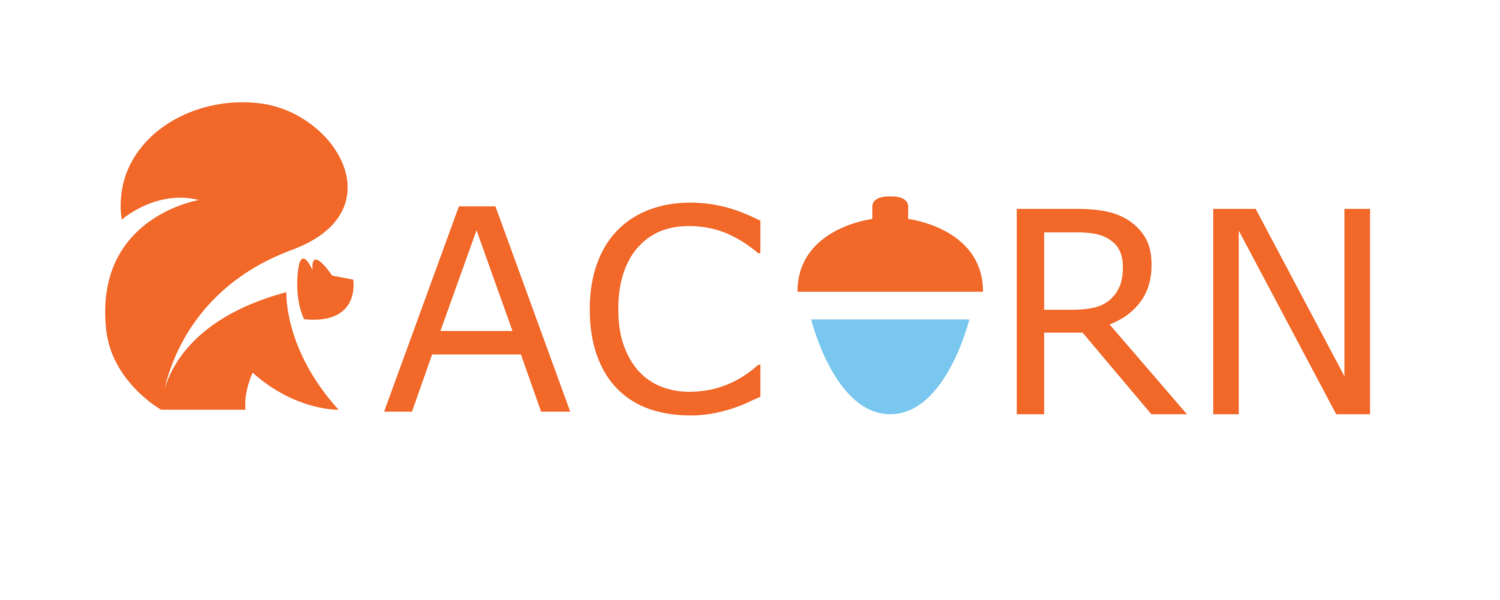The state of the games industry is always in constant flux, especially now coming off the back of the covid pandemic. Our industry is one that can survive and indeed thrive with teams of people transitioning to working from home, especially across the indie game landscape. This year’s look at the state of the games industry by GDC reveals some interesting facts, and highlights how community focused teams such as Acorn Games are truly quite unique within video games.
Out of 2,300 people surveyed in the report, a third of the industry have always worked remotely but there’s a huge increase in those choosing the option if given the chance. With team meetings available at the click of a button, it’s ridiculously easy for people to connect without ever leaving their home. Less than 10% are working in the office still on a regular basis. Here at Acorn we’re spread across the globe from Alaska to Brisbane so we have always worked remotely with weekly calls with each other and clients alike, covering all time zones on our PCs. And the PC market is indeed the one where most games are planned for release, with 57% of developers saying they plan on a release on the platform. PlayStation 5 and Xbox Series X come in second and third respectively.
Less than 10% of people in video games work in the office on a regular basis.
Agencies like Acorn make up just 14% of the industry. Community, marketing and PR is vital for the success and longevity of a game, yet far more of the industry is spread amongst the creation of a game rather than promotion. When you compare that with the fact that 30% of studios reported at least a small amount of investment into social media, the need for great Social Management is vital. In fact, social media is stated as the number 1 form of marketing for game studios!
Social media isn’t the only way to market a game though with events taking place both online and in-person. For indie studios we have found that online events can be important for visibility and gaining wishlists although the report shows that 60% of studios didn’t put a penny in online events. It’s in the in-person events where the percentage of people no longer investing in them decreases, going down 13% from last year, almost at the point of pre-covid. People want to get out and market their game and meet real people! The ability (and legality) of attending events post-pandemic obviously plays into this.
57% of developers say they plan to release their games on PC
Getting the word out is still worth the effort and money as 14% have reported large investments in ‘word-of-mouth’ style campaigns. The more people talk about and play the game, the more it’ll get out there to more people! Creating and leaning on a community to help spread the word of your game can be difficult but is whole heartedly worth it as 28% of those polled said it was ‘very affective’.
There are many ways to market a game and here at Acorn we make sure we dig into the data and are constantly looking at new and exciting ways to promote, bespoke to each game. The majority of games we work on will be a ‘pay to download’ premium monetisation model — the top model in the report with exactly 50% of games having this model.
28% of those polled said [community building] was ‘very affective’.
Finally, in terms of demographics, the industry is populated by 70% who identify as male and 23% as women, with a large 68% listed as White/Caucasian.
The games industry is growing and with remote work become the norm. We here at Acorn lean into this, working with clients based all around the globe, covering all time zones with tasks spread evenly through our small but versatile team.
You can view the yearly report here.

